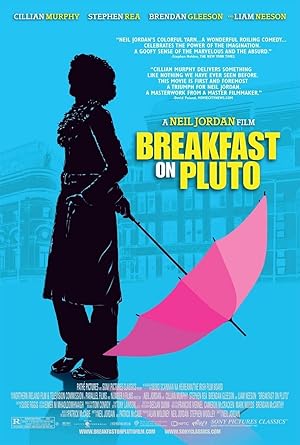
- HD 1080
- Runtime: 115m.
- Status: Released
1
- Languages: en
- Country: United Kingdom
- Director: Ben Taylor
- Stars: Bill Nighy, James Norton, Thomasin McKenzie, Charlie Murphy, Rish Shah
- keywords: 1970s, based on true story, infertility, period drama, 1960s, reproductive rights
- Production_studio: Wildgaze Films, Pathé
- Slogan: Three pioneers, one vision: the birth of IVF.
- providers: Netflix, Netflix basic with Ads
A young nurse, a visionary scientist and an innovative surgeon face opposition from the church, state, media and medical establishment, in their pursuit of the world’s first ‘test tube baby’, Louise Joy Brown.















